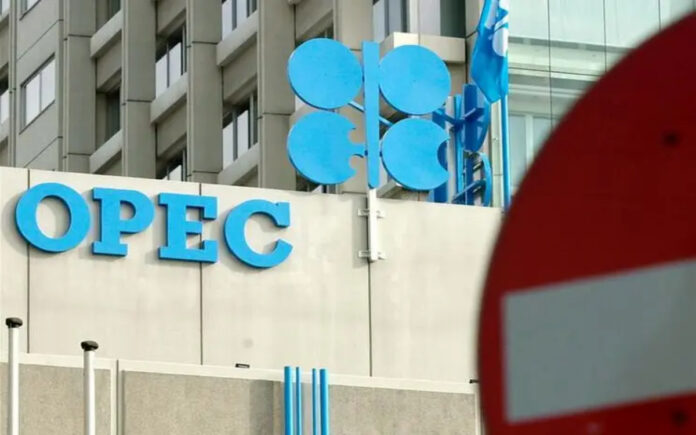Vienna: OPEC+ has announced a one-month postponement of its planned December oil output increase, citing weak demand—particularly from China—and rising supply from non-member countries as contributing factors to the downward pressure on the oil market.
Eight OPEC+ members, which include the Organization of the Petroleum Exporting Countries, Russia, and several other allies, were scheduled to increase their output in December as part of a strategy to gradually reduce the current output cuts of 2.2 million barrels per day (bpd). However, concerns regarding weak demand and economic indicators prompted discussions among member states, leading to the decision to delay the increase.
In a statement, OPEC confirmed that the eight countries have decided to extend the 2.2 million bpd cut until the end of December and reiterated their commitment to achieving full compliance with established output targets.
Oil prices closed at just above $73 a barrel on Friday, buoyed by the anticipation of a delay in the OPEC+ output increase. Nevertheless, Brent crude prices remain close to their lowest levels of the year, having dipped below $69 in September.
This decision follows a previous delay in October, also motivated by falling prices, diminished demand, and increased supply levels. Additionally, reduced investor anxiety about potential disruptions to oil production in the Middle East has also impacted price stability.
OPEC and Saudi Arabia have consistently stated that they do not target specific price levels but instead make decisions based on market fundamentals and the necessity of balancing supply with demand. The planned December increase was set to add 180,000 bpd, a minor addition to the total 5.86 million bpd currently withheld by OPEC+, which represents approximately 5.7% of global demand. These cuts were implemented in various phases since 2022 to stabilize the market.
Also Read | Taiwan Detects Surge in Chinese Military Aircraft Ahead of U.S. Vote
Ensuring Adherence to Agreements
Compliance with output targets has been a significant concern, particularly regarding Iraq and Kazakhstan, both of which have been producing above their allocated quotas. These countries have promised additional cuts to offset their excess production. OPEC’s statement acknowledged the recent commitments made by Iraq, Russia, and Kazakhstan to adhere to the OPEC+ agreement, including the promised compensatory cuts.
Also Read | Volkswagen’s Cost-Cutting Strategy: A Necessary Step After Years of Structural Challenges
Prior to this recent one-month delay, the eight OPEC+ members were on track to unwind the 2.2 million bpd cut gradually, starting with an increase in December 2024 and continuing into the following year. The remaining cuts of 3.66 million bpd will remain in effect until the end of 2025, as stipulated in an agreement made in June 2024.
A full meeting of OPEC+ ministers to discuss policy for 2025 is scheduled for December 1.



